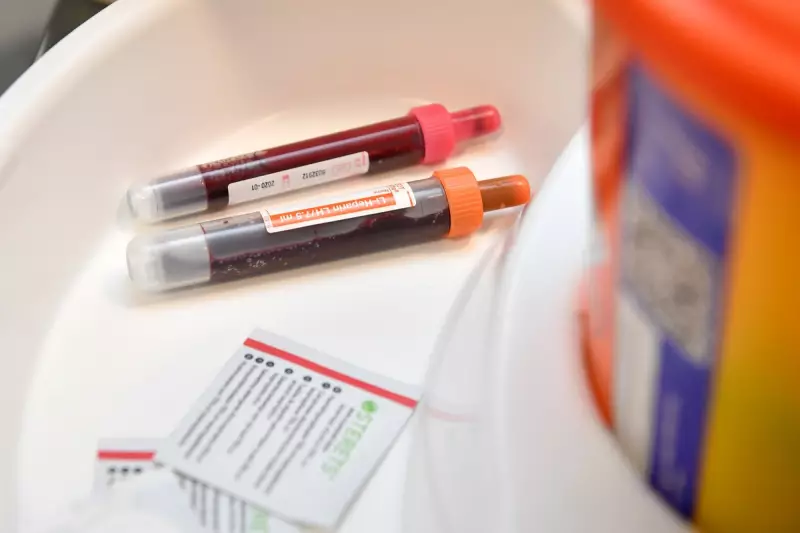
The National Health Service has issued a vital public health alert, emphasising the critical importance of recognising the early warning signs of leukaemia. This call to action comes as medical professionals stress that early diagnosis can be the difference between life and death for this aggressive form of blood cancer.
The Seven Red Flags: Symptoms Demanding Immediate Attention
Medical experts highlight a specific cluster of symptoms that should prompt an urgent visit to your GP. While these signs can indicate less serious conditions, their persistence warrants professional medical evaluation.
- Unexplained and Overwhelming Fatigue: A profound tiredness that isn't relieved by rest and significantly impacts daily life.
- Unusual Bruising or Bleeding: Bruises appearing without known injury, frequent nosebleeds, or bleeding gums.
- Recurrent or Persistent Infections: A noticeable increase in the frequency or severity of infections.
- Unexplained Fever or Night Sweats: Persistent fevers without an obvious cause or drenching night sweats.
- Bone or Joint Pain: Unexplained aches or tenderness in bones and joints.
- Swollen Lymph Nodes: Lumps in the neck, armpits, or groin that do not go down.
- Shortness of Breath and Paleness: Becoming breathless easily and looking noticeably pale, both signs of anaemia.
The Leukaemia Rash: A Tell-Tale Sign
One particularly visual symptom is a specific skin manifestation. Patients may develop petechiae – a rash of tiny red or purple spots that do not fade when pressed. This occurs due to bleeding under the skin from low platelet counts and is a major red flag for leukaemia.
Why Early Detection is Paramount
Leukaemia is a cancer of the white blood cells, originating in the bone marrow. It progresses rapidly, making timely intervention essential. The NHS underscores that spotting these symptoms early leads to faster treatment, which dramatically improves the chances of successful remission and long-term survival.
If you or someone you know is experiencing one or more of these symptoms persistently, do not adopt a 'wait and see' approach. The NHS advice is clear: contact your GP without delay for a simple blood test that can provide crucial answers.





